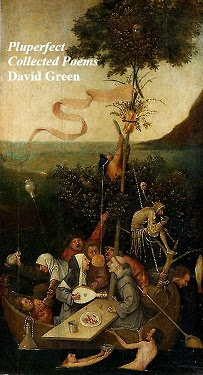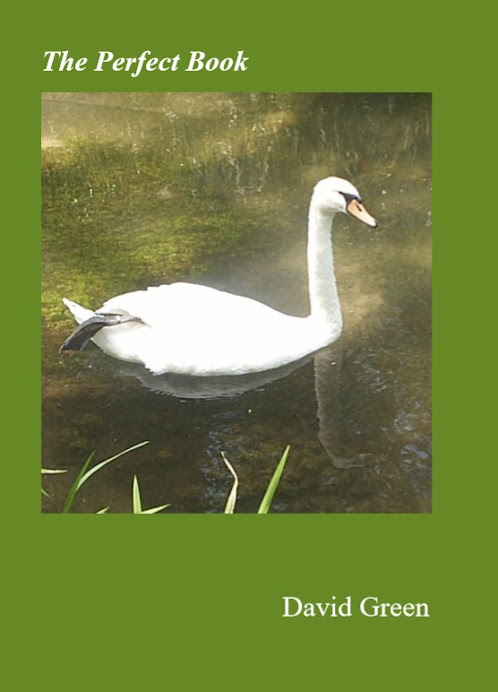
Not being quite famous enough to be invited to talk to Ann Robinson about 'My Life in Books' in the BBC series, you thank heavens for small mercies and then immediately want to have a go.
The format begins with the guests divulging their favourite reading from childhood. There is only really one candidate for me, and Richmal Crompton's Just William is the obvious answer. William's misunderstood good intentions, ill-conceived plans for enterprise and adventure and their inevitably disastrous denouements provided 30-odd book full of stories that boil down to half a dozen basic plots at most. But, in the meantime, there is the succession of his sister's hopelessly besotted boyfriends, the distant father, a series of do-gooding or intellectual eccentrics in the village and the delusions of grandeur and leadership in William himself and not quite as much of Violet Elizabeth Bott as television might lead you to think.
Declaring an adolescent interest, I now realize I need my teenage years back to read all the classic titles that I've missed because I spent that time reading Alexander Solzhenitsyn, not just One Day in the Life of Ivan Denisovich, which doesn't take long, but long evenings went by with three volumes of The Gulag Archipelago, Cancer Ward, The First Circle, August 1914, Lenin in Zurich and the most accessible, perhaps, the Short Stories and Prose Poems, which is the one I'll nominate here because it's the one I remember best. It gave me some insight into C20th Russian history reading Solzhenitsyn but it was a mis-spent youth.
I haven't seen enough of the BBC shows to know if poetry's allowed. If it is, I will have to have Thom Gunn's My Sad Captains, the volume in which he moves from metrical to syllabic verse and opens out towards a more humane view because his poems have been my main literary interest since discovering him aged about 16 or 17. If poetry isn't allowable in this game, I'll take James Joyce The Dubliners, the greatest prose fiction writer, in his masterpiece of understatement, inertia and linguistic style.
Whereas my favourite book, which made me laugh out loud on a train, in bed and anywhere else I opened it, is Terry Eagleton's The Gatekeeper, a memoir of childhood Catholicism, adult Marxism, literary academics and class. It is the old renegade in top stand-up comic form with some marvellously told set piece stories, not the least of which is about a trip he makes to Scotland to attend the funeral of one of his undergraduate students. He is picked up from the station by a Lady Dotty and driven to the ancestral home where,
A policeman at the gates drew himself to attention and saluted as we passed. Either he had recognized Lady Dotty or he was a fan of literary theory.
The programme ends with the guest admitting to a 'guilty pleasure', which I find quite difficult to think of. I'm not sure if Banana Yoshimoto's novels of Japanese poignant loss and deep friendship are chick-lit or proper literature and even when asking at dinner at an academic conference from someone who presumably knew, my query wasn't even deemed worthy of an answer.
So, not knowing if that's guilty or not, I'll have to go with Enid Blyton's The Mystery of the Spiteful Letters. It was a different age when an ingenious child, called Fatty, could undertake his investigations in a quiet village in a range of masterly disguises. The five find-outers obviously outwit the fall guy constable, Mr. Goon, every time and although there are a number of very tempting titles in the series, like The Mystery of...The Invisible Thief, Banshee Towers or The Disappearing Cat, as soon as you've read Spiteful Letters, you know it's the best.



























